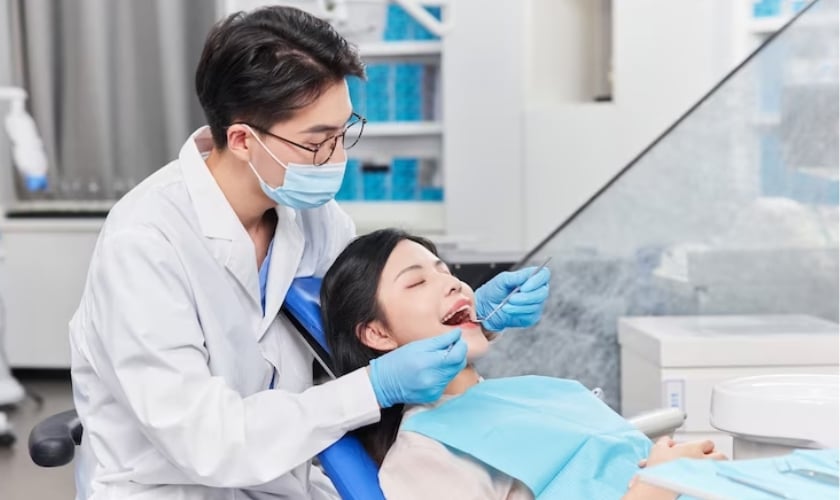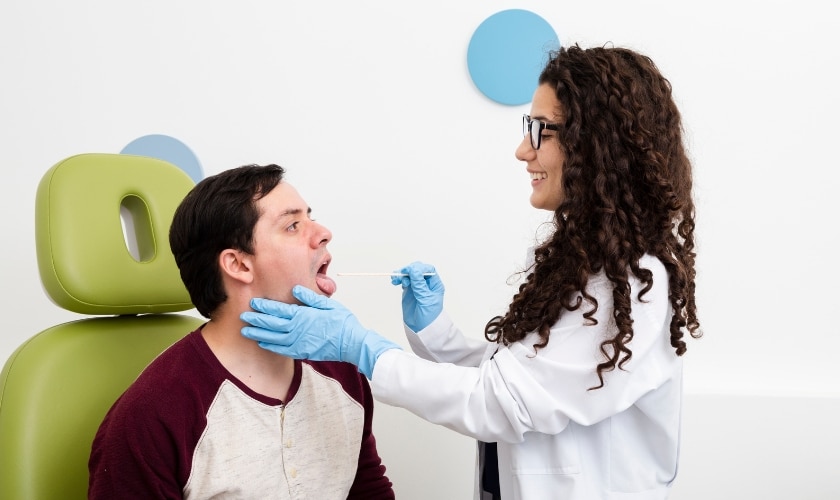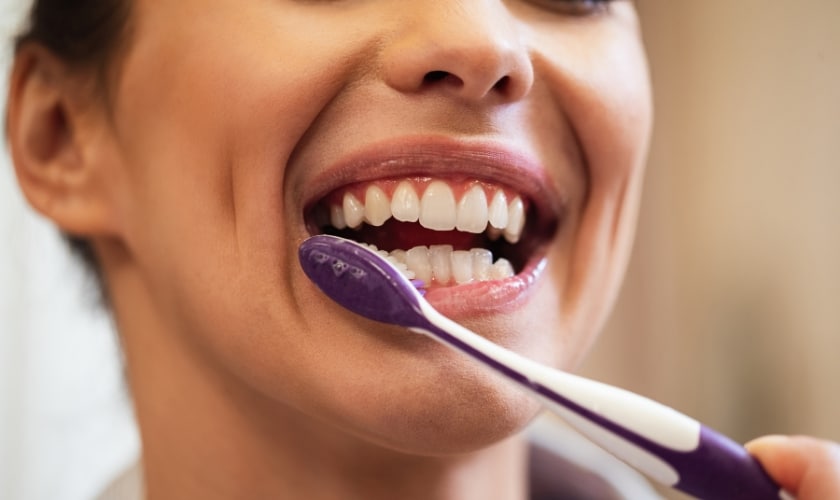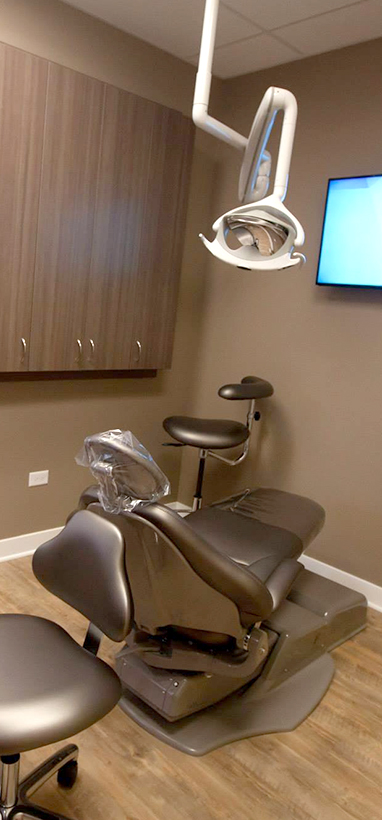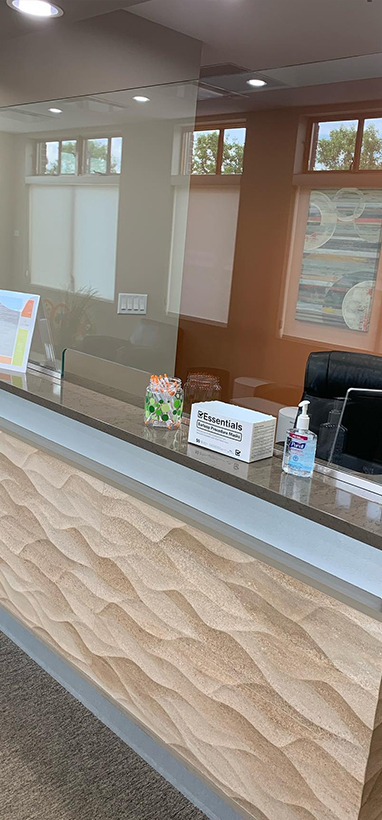1516 Legacy Cir, Naperville, IL 60563
The Harmful Effects of Alcohol on Teeth

Alcohol is a widely consumed substance globally, with varying effects on different aspects of health. While its impact on liver function and overall well-being is well-documented, its effects on oral health, particularly teeth, are often overlooked. In this comprehensive guide, we delve into how alcohol affects teeth, the mechanisms behind these effects, and provide practical tips for maintaining dental health amidst alcohol consumption.
How Alcohol Damages Teeth
Alcohol can significantly contribute to dental erosion and tooth decay. The acidity in alcoholic beverages, such as wine, beer, and spirits, can weaken tooth enamel over time. Enamel erosion is a gradual process where the protective outer layer of the tooth is worn down, making teeth more susceptible to decay, sensitivity, and discoloration.
Moreover, the sugars present in many alcoholic drinks can fuel bacteria in the mouth, leading to plaque formation and eventually, cavities. This double whammy of acidity and sugars accelerates the deterioration of dental health when alcohol consumption is frequent and unchecked.
Understanding Enamel Erosion
To comprehend the impact of alcohol on teeth, it’s crucial to understand enamel erosion. Enamel is the hard, outer layer of the tooth that protects the sensitive dentin and pulp underneath. When exposed to acidic substances like alcohol, enamel gradually erodes. This erosion not only weakens teeth but also alters their appearance, causing them to become more yellow and prone to cracks.
Acidic drinks like white wine and certain cocktails can have pH levels low enough to damage enamel significantly with prolonged exposure. Once enamel is compromised, it cannot regenerate, emphasizing the importance of preventive measures.
Tips to Mitigate the Effects
- Moderation and Hydration: The first line of defense against alcohol-related dental damage is moderation. Limiting consumption reduces exposure to acids and sugars that harm teeth. Additionally, staying hydrated by drinking water alongside alcohol helps rinse away acids and sugars, mitigating their impact on enamel.
- Oral Hygiene Practices: Maintaining a robust oral hygiene routine is crucial. Brushing teeth at least twice a day with fluoride toothpaste helps strengthen enamel. Flossing daily removes plaque buildup from between teeth and along the gum line, preventing decay and gum disease exacerbated by alcohol consumption.
- Choosing Drinks Wisely: Opt for less acidic drinks like certain red wines over highly acidic options like white wine or cocktails with citrus. Alternating alcoholic beverages with water or milk can also reduce overall acidity exposure to teeth.
- Using Straws: When possible, using a straw to drink alcoholic beverages can minimize direct contact with teeth, reducing the risk of enamel erosion.
- Chewing Sugar-Free Gum: Chewing sugar-free gum stimulates saliva production, which helps neutralize acids in the mouth and remineralize enamel.
Seeking Professional Guidance
While these tips are effective preventive measures, regular dental check-ups are essential for maintaining optimal oral health. Dentists can detect early signs of enamel erosion, cavities, or gum disease, and provide personalized advice tailored to individual dental needs.
Enjoying alcohol responsibly involves being mindful of its effects on your teeth. Alcohol can lead to enamel erosion and tooth decay, but by practicing moderation, staying hydrated, and maintaining good oral hygiene, you can reduce these risks. Regular dental visits are essential for catching and addressing any problems early, helping to protect your smile over the long term. By incorporating these practices into your routine, you can enjoy alcoholic beverages while still prioritizing your dental health and preserving a bright, healthy smile.



